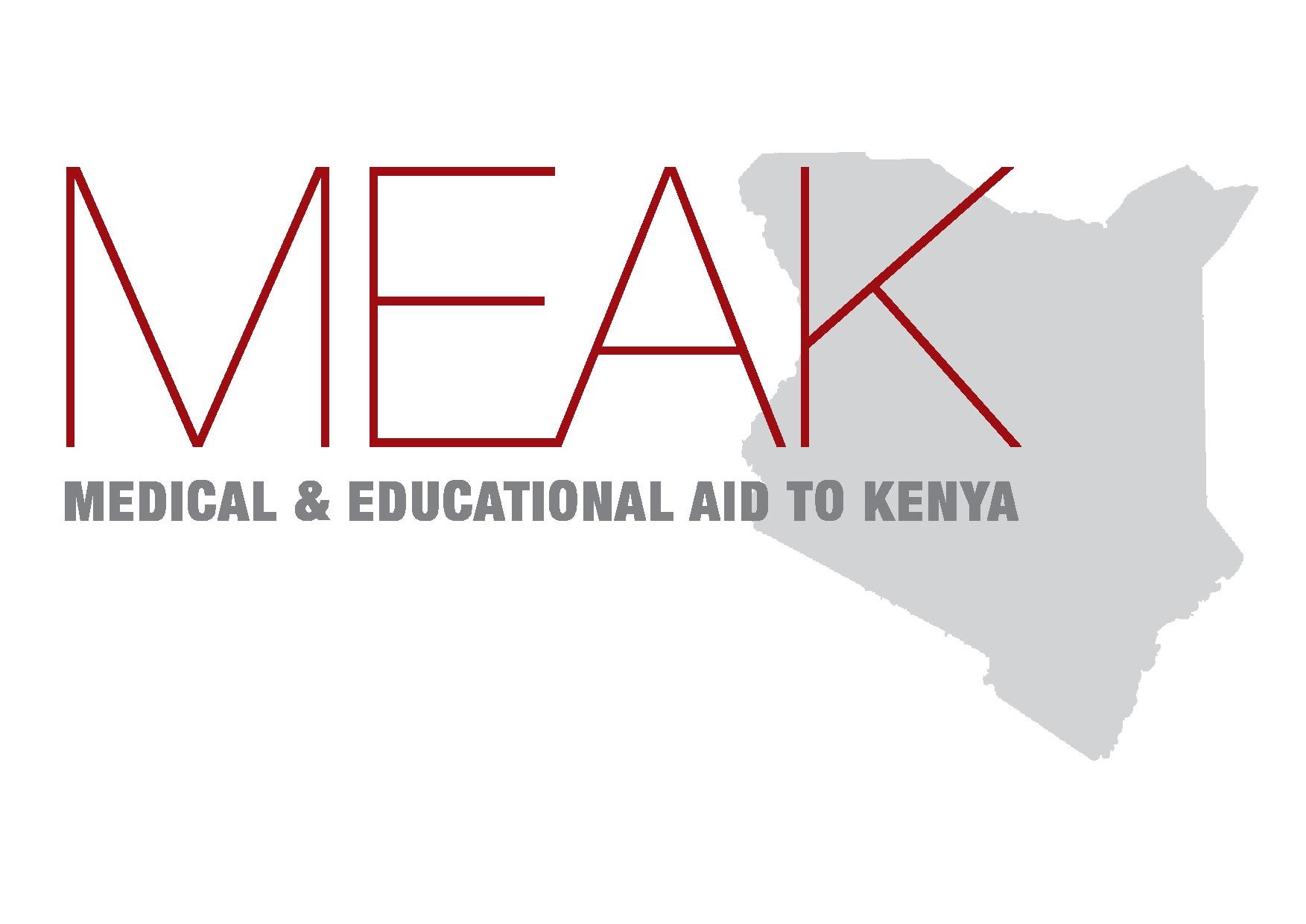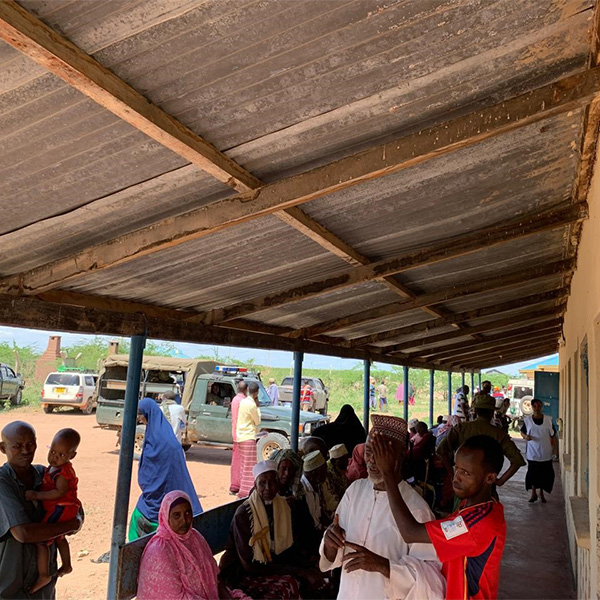The MEAK eye team was invited to conduct an eye mission in Wajir by the Hon. Farah Yusuf, Member of Parliament for the county of Wajir West.
This was a logistically difficult mission. There are very few sealed roads for transporting patients easily and the area has a long history of tribal conflict, mainly as a result of disputes over economic resources and herd raiding. In addition, torrential rainfall had caused flooding in Nairobi, resulting in the temporary closure of Wilson airport, which delayed the MEAK team’s arrival. The equipment and support staff all travelled the 620km journey by road.
Despite this, the mission was very successful. Adequate security was provided to ensure the safety of the team. The community were engaged had been well-informed of the visit. This was carried out by our usual combination of techniques: announcements on local radio, at medical clinics, churches and mosques and also by word of mouth from local county chiefs and sub-chiefs. This ensured excellent attendance at the screening part of the mission, where the team have the opportunity to assess for eye problems and to teach people how best to care for their eyes.

